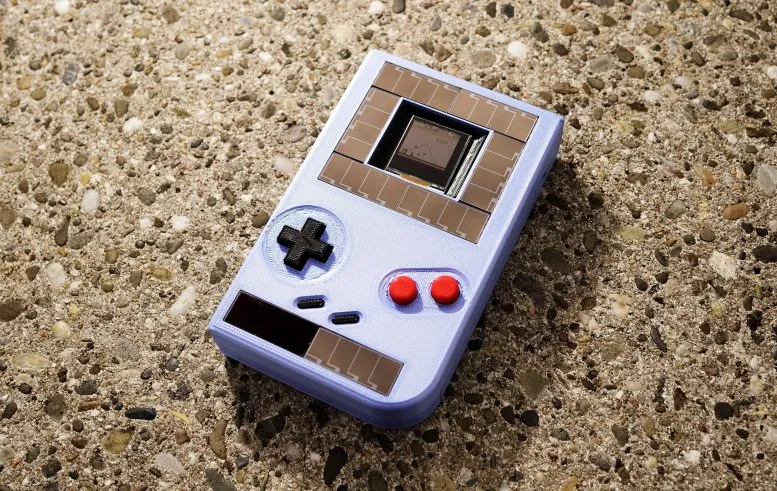WEB DESK, July 15(ABC): A hand-held video game console allowing indefinite gameplay might be a parent’s worst nightmare.
But this Game Boy is not just a toy. It’s a powerful proof-of-concept, developed by researchers at Northwestern University and the Delft University of Technology (TU Delft) in the Netherlands, that pushes the boundaries of battery-free intermittent computing into the realm of fun and interaction. It is also another step toward sustainable technology.
“It’s the first battery-free interactive device that harvests energy from user actions,” said Northwestern’s Josiah Hester, who co-led the research. “When you press a button, the device converts that energy into something that powers your gaming.”
“Sustainable gaming will become a reality, and we made a major step in that direction — by getting rid of the battery completely,” said TU Delft’s Przemyslaw Pawelczak, who co-led the research with Hester. “With our platform, we want to make a statement that it is possible to make a sustainable gaming system that brings fun and joy to the user.”
The teams will present the research virtually at UbiComp 2020, a major conference within the field of interactive systems, on September 15, 2020.
Hester is an assistant professor of electrical and computer engineering and computer science in Northwestern’s McCormick School of Engineering. Pawelczak is an assistant professor in the Embedded Software Lab at TU Delft. Their team includes Jasper de Winkel and Vito Kortbeek, both Ph.D. candidates at TU Delft.
Intermittent computing is about resilience. In the future, it may allow billions of low-power Internet of Things devices to discard their battery in favour of energy harvesting, ensuring proper operation under conditions with up to a hundred power failures per second. Such intermittent operation comes with a lot of challenges – memory consistency and accurate timekeeping to name a few. And, so far, it has been successfully applied to tiny sensors for scientific use. But that is not where the fun ends.

